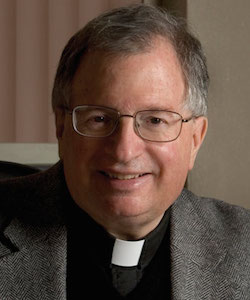
Development Challenges and Global Governance: The Long View
Joel Hellman | September 11, 2015
Responding To: SFS Dean Inaugurates Georgetown's Discussion of Global Governance
Tobias Vestner

Joel Hellman | September 11, 2015

Desha Girod | September 10, 2015

Drew Christiansen | September 10, 2015

Emmanuel Foro | September 10, 2015

Erwin Tiongson | September 10, 2015

Fr. Kevin O'Brien | September 10, 2015

François Pazisnewende Kaboré | September 10, 2015
James Vreeland | September 10, 2015

Justin Rattey | September 10, 2015

Katherine Marshall | September 10, 2015

Marc Busch | September 10, 2015

Marion Abboud | September 10, 2015

Patrice Ndayisenga | September 10, 2015

Shareen Joshi | September 9, 2015